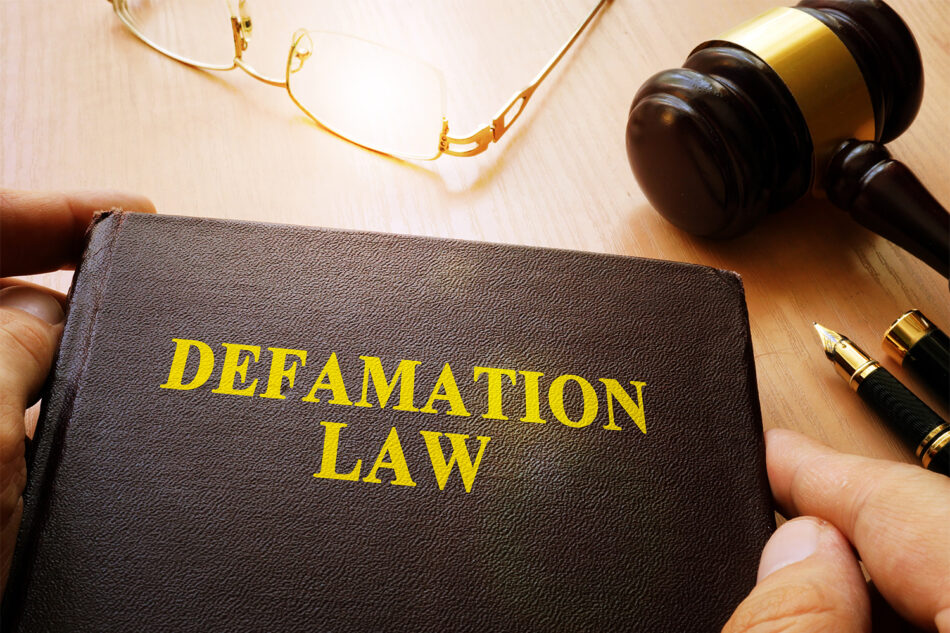In any defamation claim brought in England and Wales – whether concerning libel or slander – the defence of truth plays a central role. At its core, this defence allows a defendant to defeat a claim by proving that the allegations complained of by the claimant are true or at least substantially true.
This principle is long established under English common law and was previously referred to as the defence of “justification.” However, since the introduction of the Defamation Act 2013, the position has been codified. Section 2 of the Act now provides the statutory basis for the defence of truth and reads as follows:
Section 2: About Defence of Truth
- It is a defence to an action for defamation for the defendant to show that the imputation conveyed by the statement complained of is substantially true.
- Subsection (3) applies in an action for defamation if the statement complained of conveys two or more distinct imputations.
- If one or more of the imputations is not shown to be substantially true, the defence under this section does not fail if, having regard to the imputations which are shown to be substantially true, the imputations which are not shown to be substantially true do not seriously harm the claimant’s reputation.
When successfully established, the truth defence acts as a complete bar to the claim. In practical terms, this means the claimant’s case will fail in its entirety if the court accepts the defence. This reflects an important public policy position: that a claimant should not be compensated for reputational damage if the alleged harm is, in effect, grounded in truth. While some legal commentators have argued that the law should provide a remedy in cases where an old, atoned-for issue is maliciously brought back into the public eye, this is not the current legal position.
The Burden of Proof
In theory, the burden of proof lies squarely with the defendant. Because defamatory statements are presumed to be false unless proven otherwise, it falls to the defendant to show the truth of what was published. However, in practice, claimants are expected to explain early in the process why the material in question is inaccurate. Moreover, should the matter progress to trial, claimants must also disclose the evidence they intend to rely on, including any witness testimony.
As a result, the initial presumption of falsity, while still technically in place, often has less practical impact than might be assumed. Critics, particularly in the media or those advocating for stronger free speech protections, have highlighted this presumption as problematic. But in real-world litigation, its influence is arguably more limited than its reputation suggests.
Substantial Truth
Section 2(1) makes clear that the defendant does not need to prove the absolute truth of every word or detail in the statement. Instead, the defence focuses on the overall substance or “sting” of the allegation. If the essence of the statement is shown to be substantially true, then the defence may succeed even if minor inaccuracies exist.
That said, the defence cannot be stretched to cover allegations that were not actually made in the original publication. A defendant cannot, for example, seek to defend a defamatory statement by introducing a different, though equally damaging allegation that was never actually communicated to the reader. The key test is whether the specific imputation made in the original publication, whether stated directly or implied, is substantially true.
Multiple Imputations
Where a statement contains more than one distinct defamatory imputation, section 2(3) provides that the defence will not automatically fail if some of them cannot be proven true. However, this only applies where the remaining imputations, that is those which have not been proven, do not cause serious harm to the claimant’s reputation.
This mirrors the position at common law and offers a degree of flexibility in complex cases where a publication contains several allegations. It recognises that a single piece of content might blend multiple claims, and the court must consider the overall reputational impact when assessing whether the defence remains viable.
Practical Considerations
For both claimants and defendants, the application of the truth defence is often one of the most strategically important issues in defamation proceedings. For a claimant, preparing to overcome the defence means ensuring there is clear and compelling evidence that the statements were false and damaging. For a defendant, gathering and presenting credible evidence to support the truth of the claims can mean the difference between winning and losing the case entirely.
As with most areas of defamation law, this is a nuanced and technical field. Legal advice from an experienced and specialist defamation law firm should always be sought at an early stage. This is particularly vital to the success of the case given the complexities around evidence, pre-action correspondence and procedural obligations.
If you are considering legal action or are facing a defamation claim, our experienced legal team can provide clear and effective guidance. Please contact Taylor Hampton Solicitors on 0207 427 5970.









